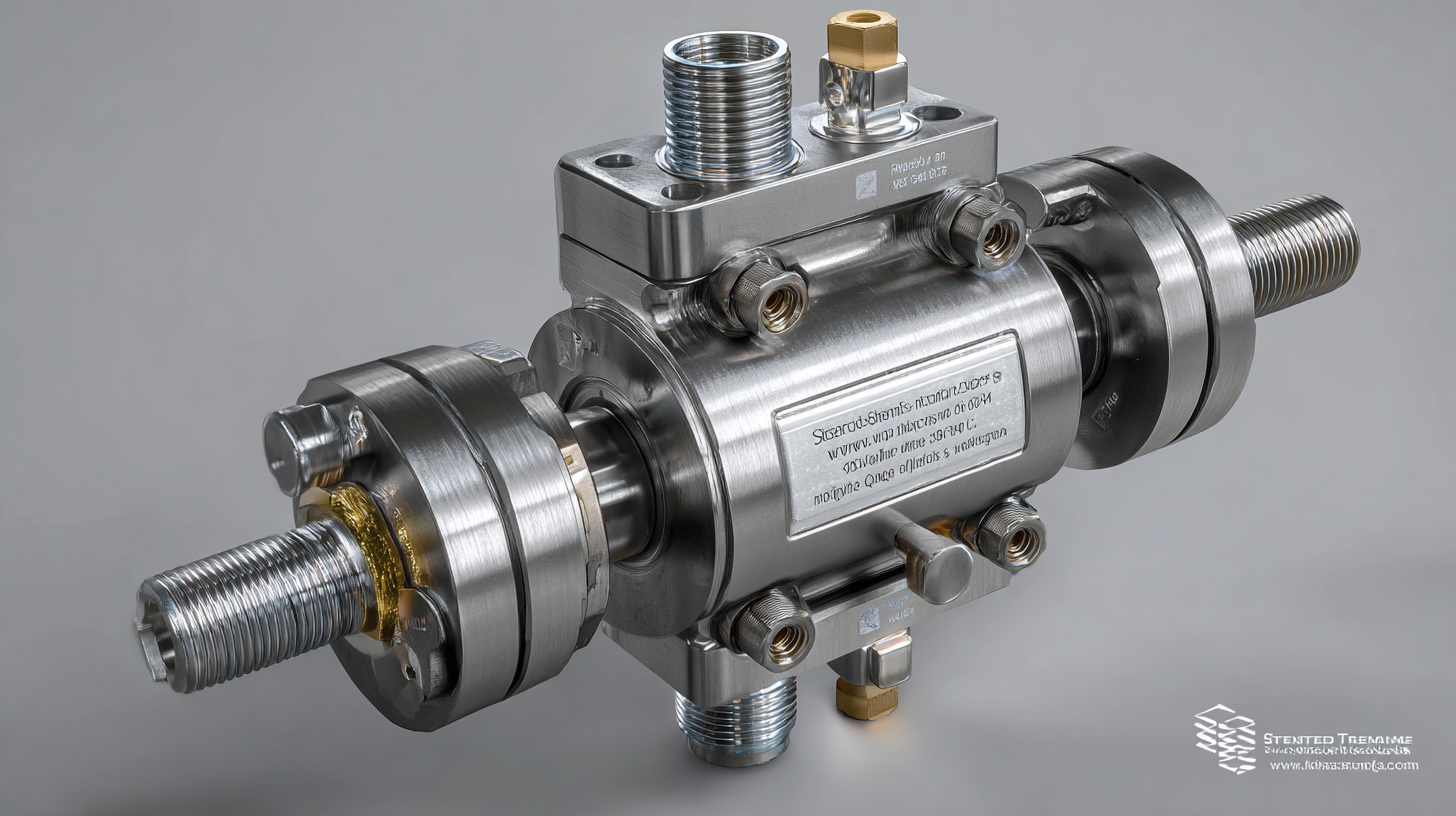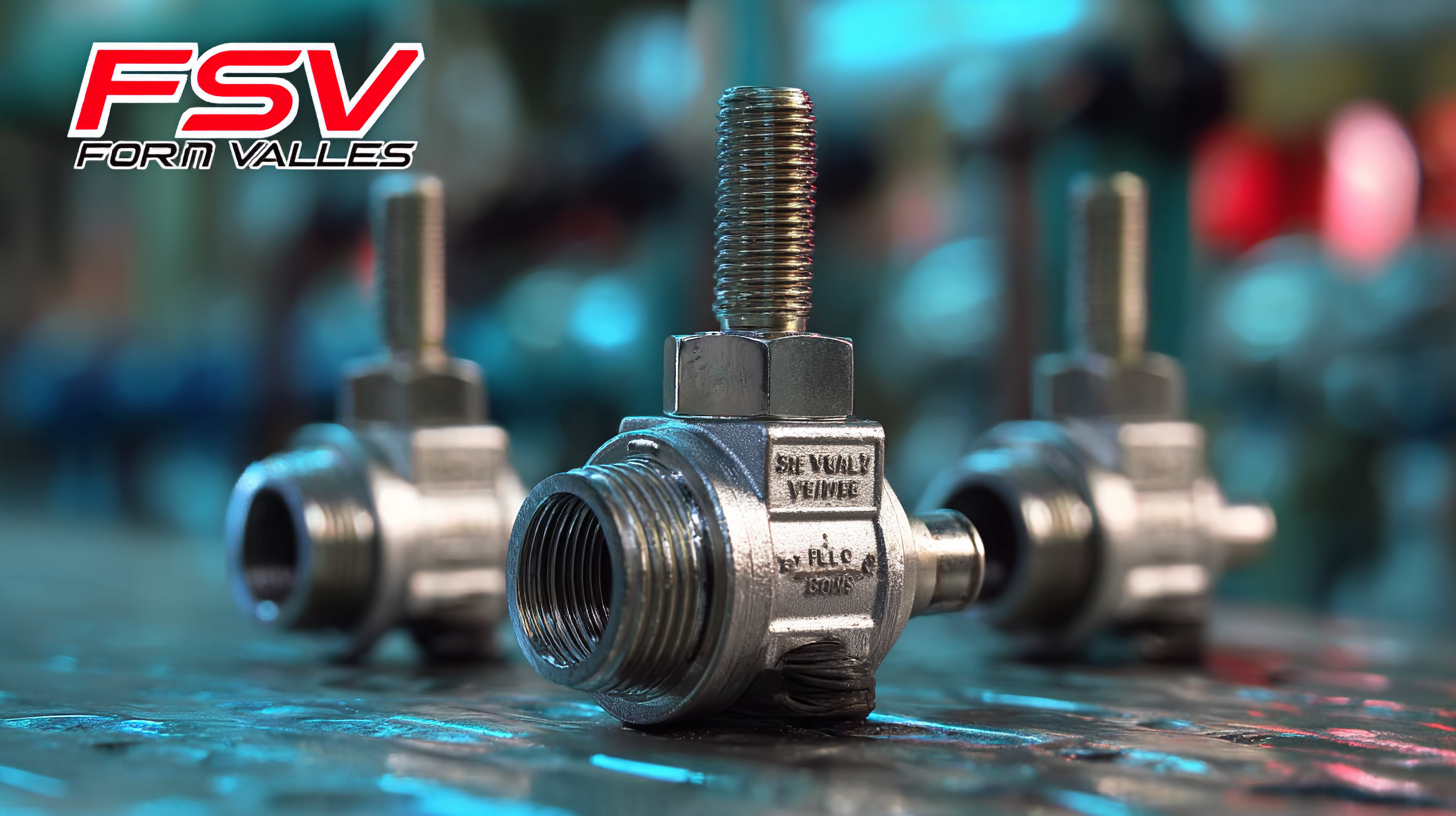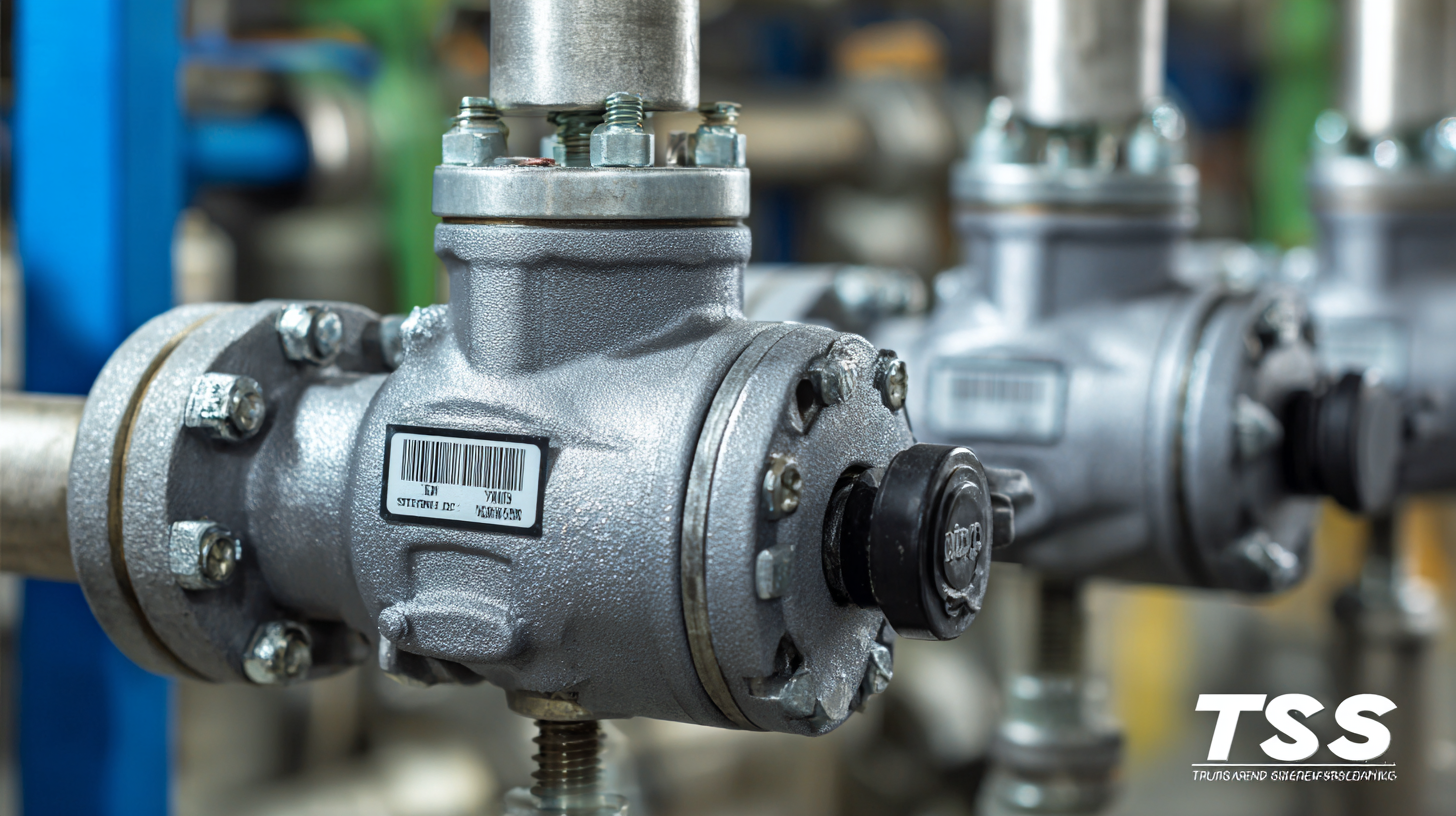
-
Home
-
Products
-
About Us
-
Application Cases
-
CLIENT & FACTORY
-
Test
-
News
-
Contact Us
Leave Your Message

In the ever-evolving landscape of industrial applications, the choice of valves plays a crucial role in ensuring efficiency and reliability. Among the various types of valves available, Screwed Ball Valves have emerged as a preferred option for many modern systems. Renowned for their robust design and operational integrity, Screwed Ball Valves offer several advantages that make them suitable for a wide range of applications, from oil and gas to water treatment and beyond. Their ease of installation, superior sealing capabilities, and versatility in handling different media contribute to their growing popularity among engineers and operators alike. This blog will delve into the key benefits of Screwed Ball Valves, exploring why they are an essential component in contemporary fluid control solutions and how they can enhance performance in various settings.

Screwed ball valves have become a cornerstone in modern industrial applications due to their numerous advantages. One primary benefit is their ease of installation and maintenance. According to a report from the Global Valve Market Research, the installation time for screwed ball valves is approximately 30% less than for welded alternatives, saving both time and labor costs. This efficiency is critical in sectors like oil and gas, where minimizing downtime can translate to significant cost savings and enhanced productivity.
Another key advantage is the excellent sealing capability that screwed ball valves offer. Data from the Valve Manufacturers Association indicates that these valves provide a leakage rate of less than 0.001% when properly maintained. This feature is particularly vital in industries handling hazardous materials, where leaks can lead to environmental disasters and regulatory penalties. Additionally, the robust design of screwed ball valves ensures reliable performance under high pressure and temperature conditions, making them ideal for a wide range of demanding applications, from chemical processing to water treatment.
| Feature | Advantage | Application Area |
|---|---|---|
| Leak Tightness | Provides excellent sealing, preventing fluid leakage. | Oil & Gas Industry |
| Durability | Long service life in harsh conditions, reducing maintenance costs. | Chemical Processing |
| Ease of Operation | Simple quarter-turn operation allows for quick control. | Water Treatment Facilities |
| Versatility | Can be used in various applications across different industries. | Manufacturing |
| Temperature Resistance | Handles high and low temperatures effectively. | Power Generation |
In modern industries, selecting the right valve type is crucial for ensuring efficient operations. Screwed ball valves stand out when compared to other valve types, such as gate, globe, and butterfly valves, mainly due to their superior sealing capabilities and ease of use. The design of screwed ball valves allows for tight sealing, preventing leakage even at high pressures, which is essential in applications like oil and gas, water treatment, and chemical processing. Moreover, their straightforward construction reduces the risk of failure, resulting in less downtime and maintenance.

When evaluating their performance against alternative valve types, it becomes evident that screwed ball valves offer distinct advantages. Unlike globe valves, which can create pressure drops due to their restrictive flow path, screwed ball valves provide a straight-through flow, minimizing energy loss. Furthermore, compared to butterfly valves, which may struggle with sealing in higher pressure conditions, the robust design of screwed ball valves ensures reliable sealing. Overall, the unique benefits of screwed ball valves make them an essential choice for modern applications demanding reliability and efficiency.
Screwed ball valves have gained prominence across various industries due to their unique design and superior functionality. One of the top sectors benefiting from this technology is the oil and gas industry. These valves offer reliable performance under high-pressure conditions, making them ideal for controlling the flow of corrosive substances. Their robust construction ensures minimal leakage, which is crucial for maintaining safety and efficiency in extraction and transportation processes.
Another significant industry leveraging screwed ball valve technology is the chemical manufacturing sector. The ability to handle a wide range of chemicals, including aggressive and viscous fluids, makes these valves indispensable. Their ease of installation and maintenance contribute to reduced downtime, allowing manufacturers to optimize their operations and enhance productivity. Moreover, the precision offered by screwed ball valves enables better control over chemical processes, ensuring consistent product quality.
In water treatment facilities, screwed ball valves are equally valuable. They provide effective isolation and flow regulation, ensuring the efficient distribution of water resources. Their durability in harsh conditions and ease of use make them a preferred choice for managing water supply systems, helping to promote sustainability and environmental conservation in modern applications.
This chart illustrates the score of various industries benefiting from screwed ball valve technology, highlighting their operational advantages and efficiencies. Each industry's benefits are rated on a scale of 1 to 10.
When installing screwed ball valves, attention to detail is essential to ensure optimal performance. Begin by selecting the appropriate size and type of valve for your application. It’s important to consider the pressure and temperature ratings of the system, as well as the materials of both the valve and the piping to prevent compatibility issues. Once the right valve is chosen, ensure that all threads are clean and free from debris to create a proper seal. Using thread sealants can help prevent leaks, but be cautious not to overapply, as excess material may obstruct flow.
During installation, hand-tighten the valve into position before using a wrench for additional torque. Be mindful of the torque specifications provided by the manufacturer, as overtightening can damage threads and compromise the valve's integrity. After securing the valve, it’s advisable to conduct a pressure test to verify that there are no leaks. Regular maintenance checks should also be scheduled to monitor the valve's condition and performance, ensuring that your screwed ball valve continues to function efficiently in your system. Proper installation and maintenance practices will significantly enhance the longevity and reliability of screwed ball valves in any application.

Screwed ball valves are essential components in various industrial applications, known for their reliability and performance. To ensure their longevity, proper maintenance practices play a vital role. Regular inspection and servicing can significantly reduce the risk of unexpected failures. Industry studies indicate that up to 70% of valve failures can be attributed to inadequate maintenance. Hence, implementing a consistent maintenance schedule is crucial for operational efficiency.
One of the best practices is to regularly inspect the seals and connections of the screwed ball valves. This involves checking for leaks and ensuring that the valve's body is free from any signs of corrosion or wear. Additionally, lubricating the valve threads can prevent them from seizing, a common issue that compromises performance. Technical experts recommend utilizing non-abrasive lubricants to maintain the integrity of the materials. By following these maintenance guidelines, operators can extend the lifespan of their valves and maintain optimal flow control in their systems, just as one would with regular servicing of engines or other critical machinery.